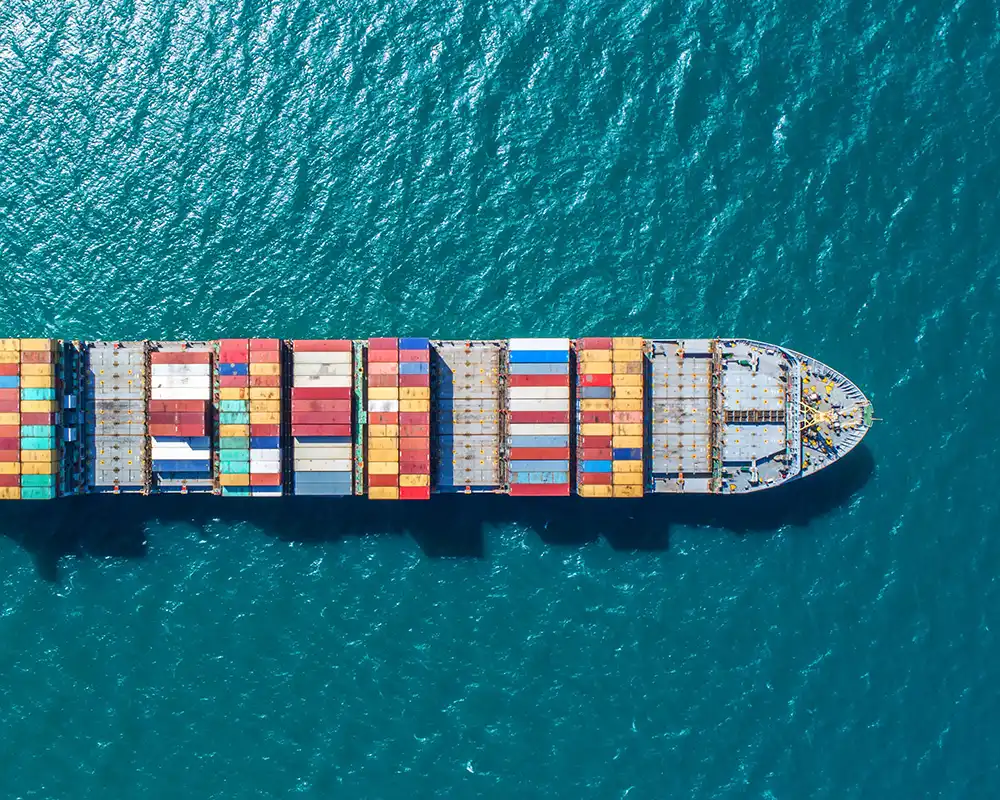
How confident are you that your business is free from links to modern slavery?
Modern slavery in supply chains is a growing concern for businesses of all sizes. As supply chains become more global and complex, the risk of unknowingly sourcing products or services linked to forced labour increases significantly.
According to the International Labour Organization, an estimate 28 million people were trapped in forced labour globally in 2021, generating around US$250 billion in profits. To put this in context, that’s around 20% of Australia’s GDP – highlighting the scale and economic impact of modern slavery worldwide.
A Recent Example: Modern Slavery Risk in Action
In late 2024, Kawaguchi Manufacturing, a supplier to well-known Japanese companies such as Sony, Daikin, and Panasonic, was exposed for severe labour rights abuses involving Bangladeshi migrant workers in Malaysia. Reported by AP News, Violations include:
- Confiscated passports
- Excessive working hours
- Withheld wages
- Unjust recruitment fees leading to debt bondage
In response, the affected companies took varied actions. Sony cut ties with the supplier, Panasonic consulted human rights groups, and Daikin reimbursed workers fees and engaged directly to rectify the situation.
This case illustrates just how easily forced labour can infiltrate even the most reputable company supply chains.
Why a Proactive Risk Management Framework Matters
Identifying and mitigating the risk of modern slavery in your supply chain isn’t just a legal or compliance issue-its a reputational and ethical imperative. A robust risk management framework should include:
- Clear identification of supply chain risks, including labour rights violations
- Implementation of controls to prevent or reduce modern slavery exposure
- Ongoing testing, monitoring, and verification of these controls
Take Action Before It’s Too Late
At Tykee Advisory, we help orgainsations identify and manage their risks with practical, tailored frameworks that include modern slavery risk. Whether you’re looking to meet legislative obligations or protect your brand from reputational damage, we’re here to support you.
Lets have a conversation about how we can help you build transparency, resilience, and trust in your supply chain.
